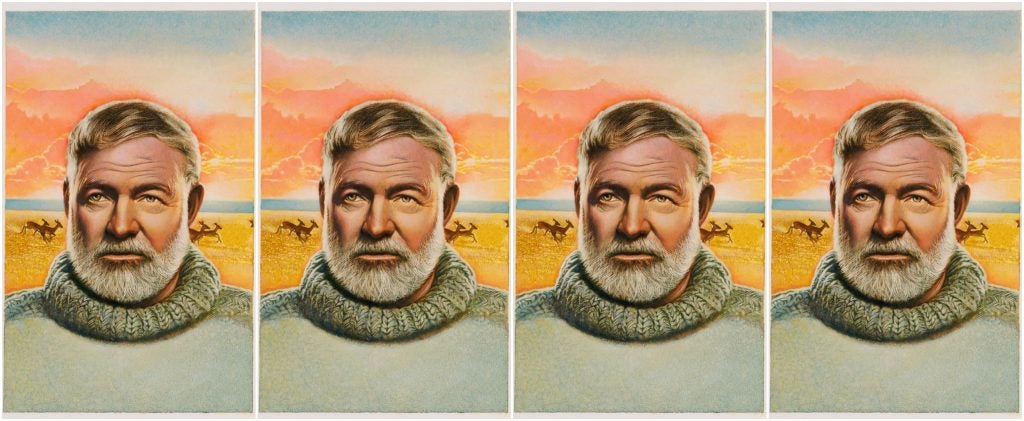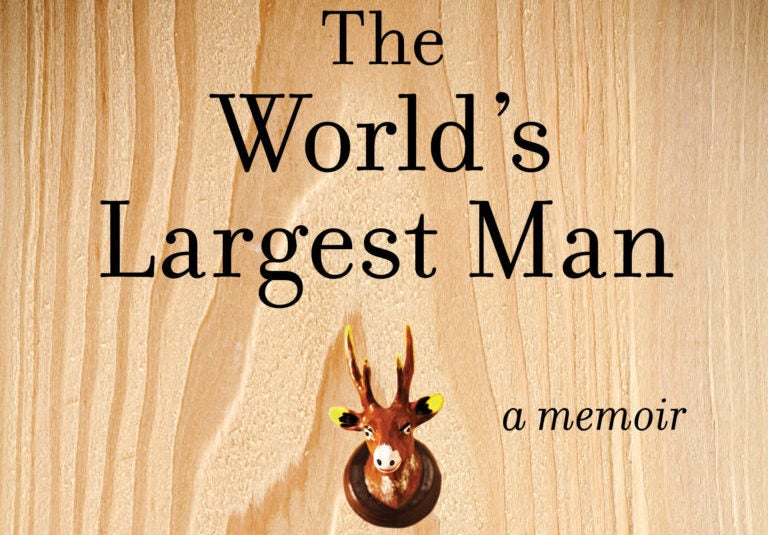A Joke That Hits You Later: A Review of Natalie Shapero’s “Hard Child”
Think of Shapero instead as a kind of poetic Louis C.K. — the misery is part of the act. Yes, you’re supposed to laugh: “All I have coming in this / world is a joke that hits me later.” And like the best stand-up comedy routines, her poems have solid opening hooks, a finely wrought structure, and a resonance, a truth, beyond what is directly expressed.
A Joke That Hits You Later: A Review of Natalie Shapero’s “Hard Child” Read More »
Think of Shapero instead as a kind of poetic Louis C.K. — the misery is part of the act. Yes, you’re supposed to laugh: “All I have coming in this / world is a joke that hits me later.” And like the best stand-up comedy routines, her poems have solid opening hooks, a finely wrought structure, and a resonance, a truth, beyond what is directly expressed.








